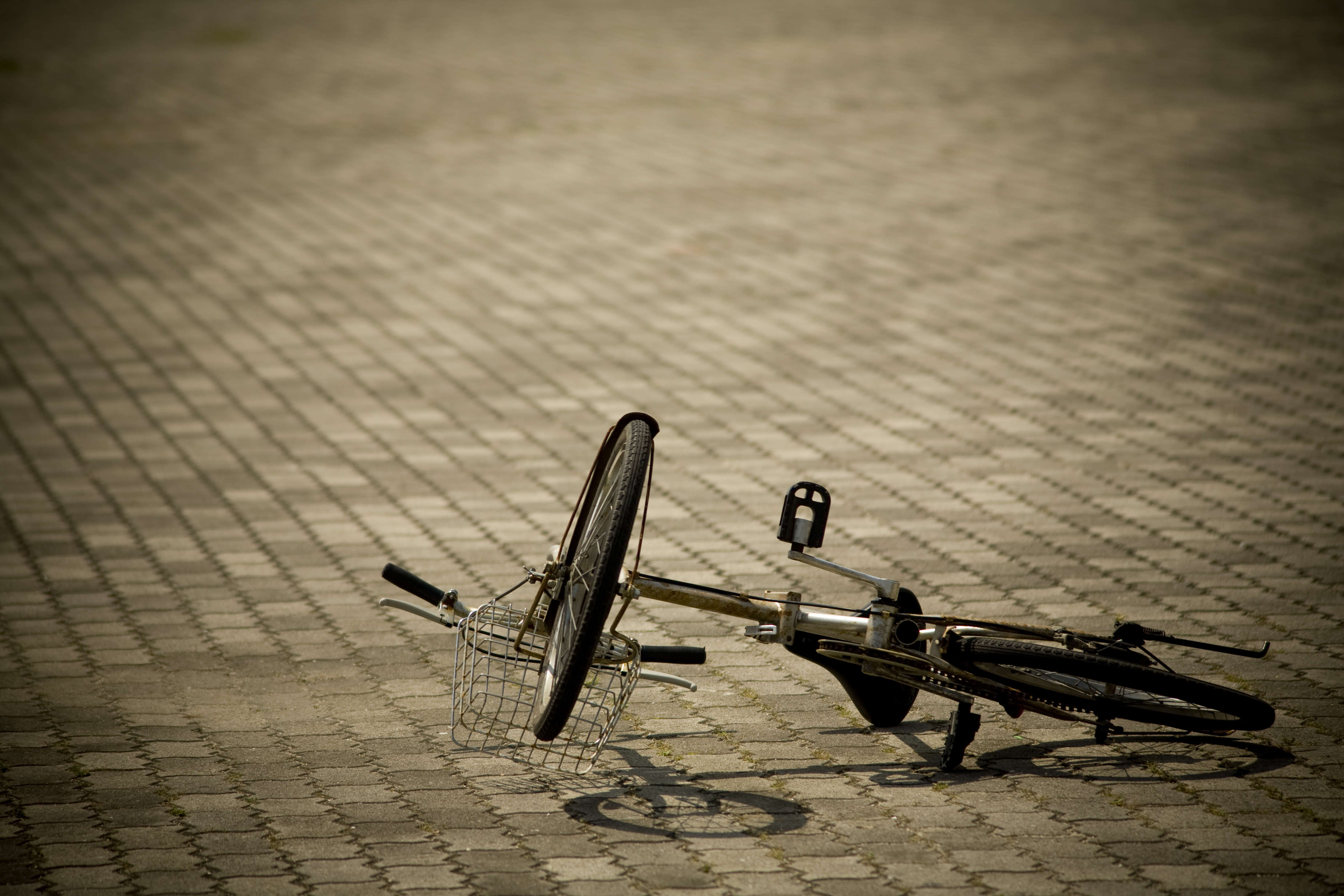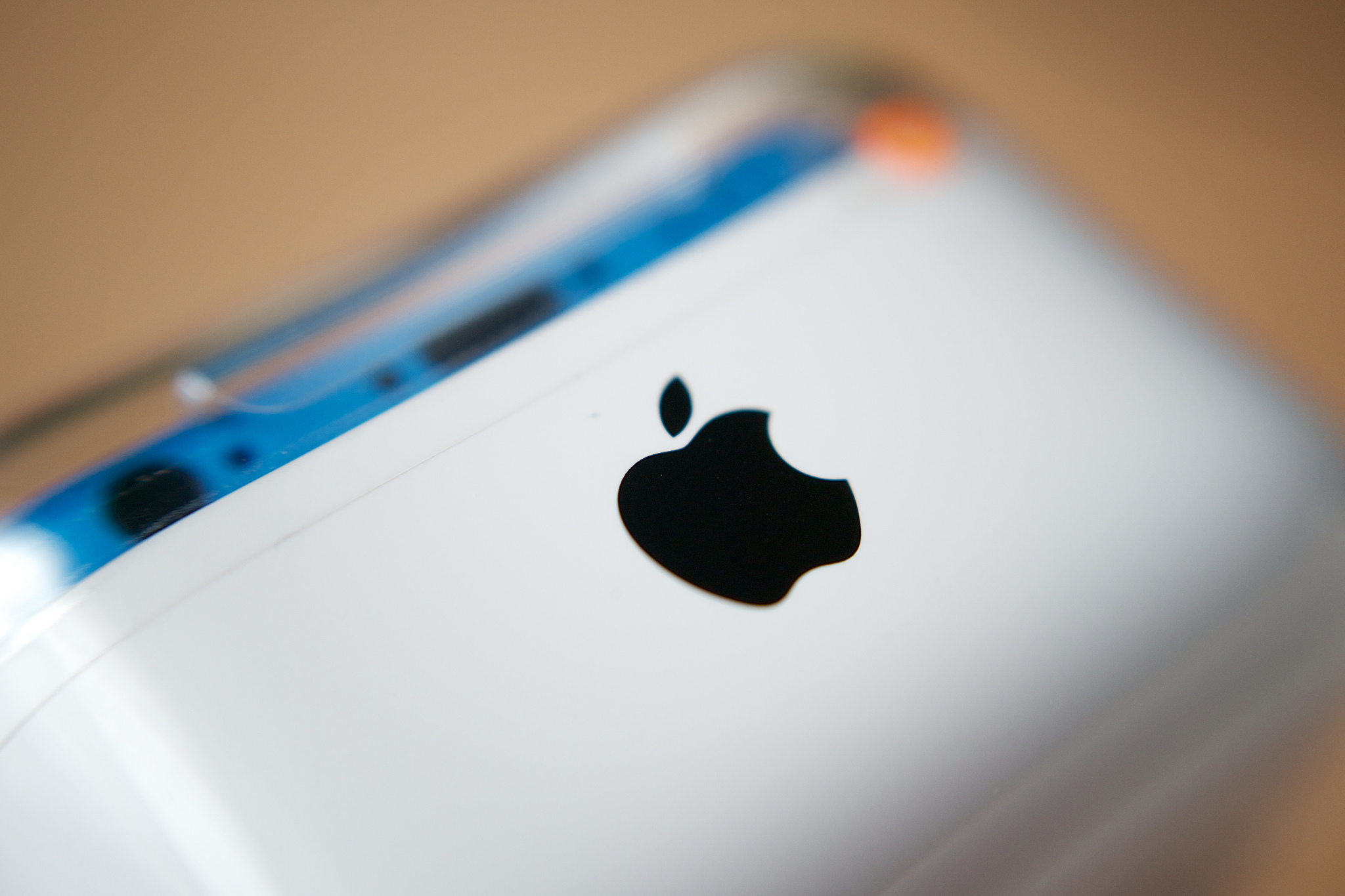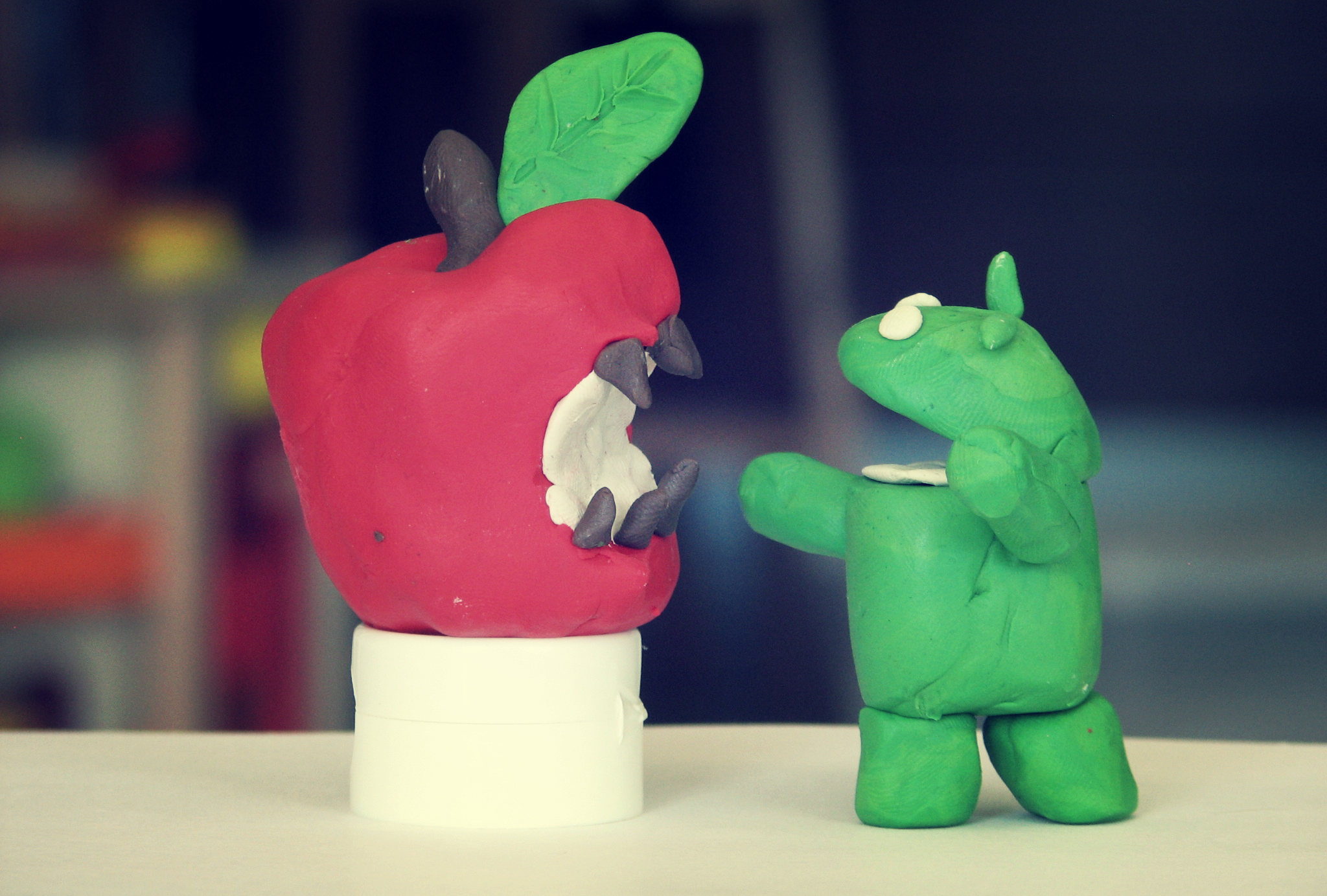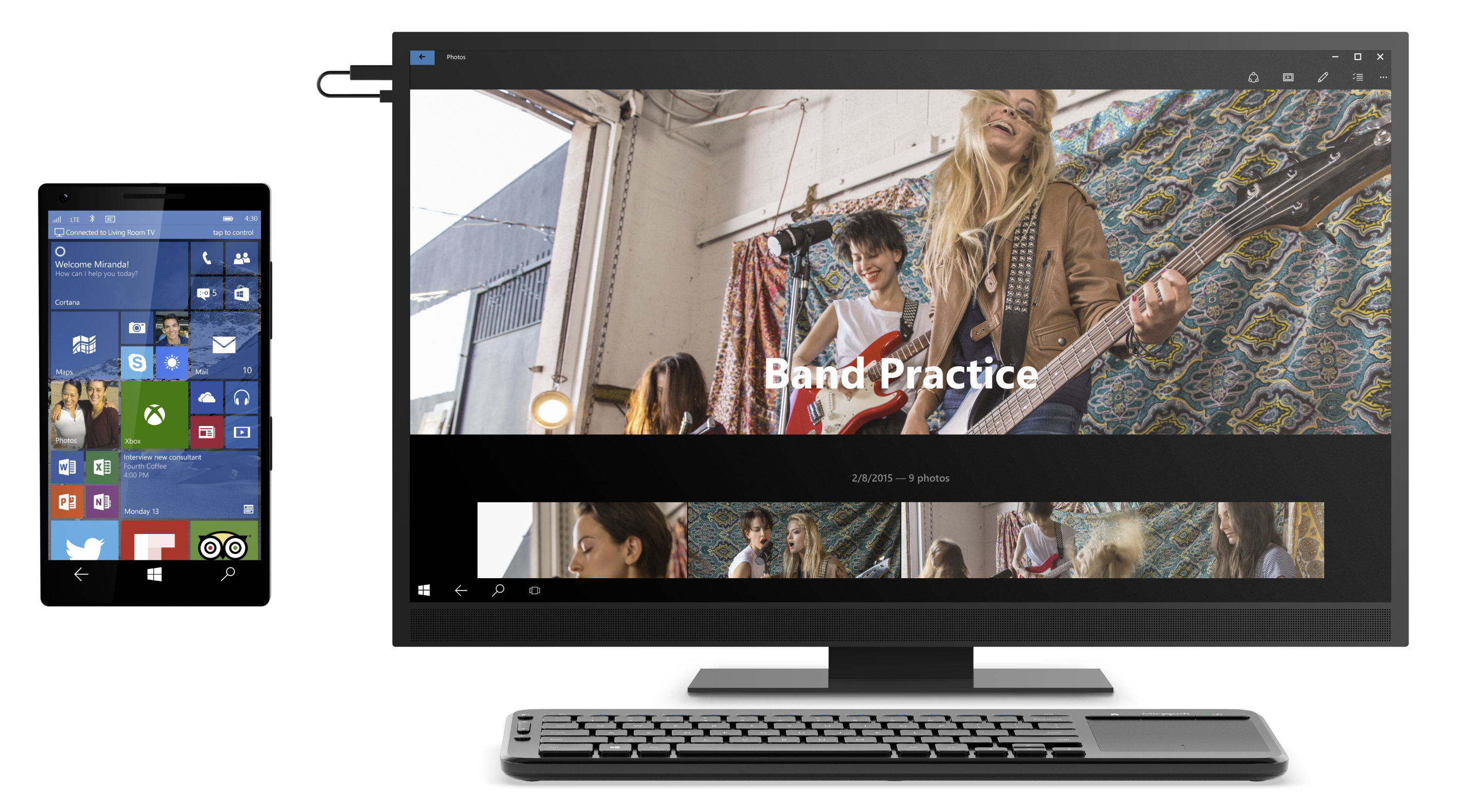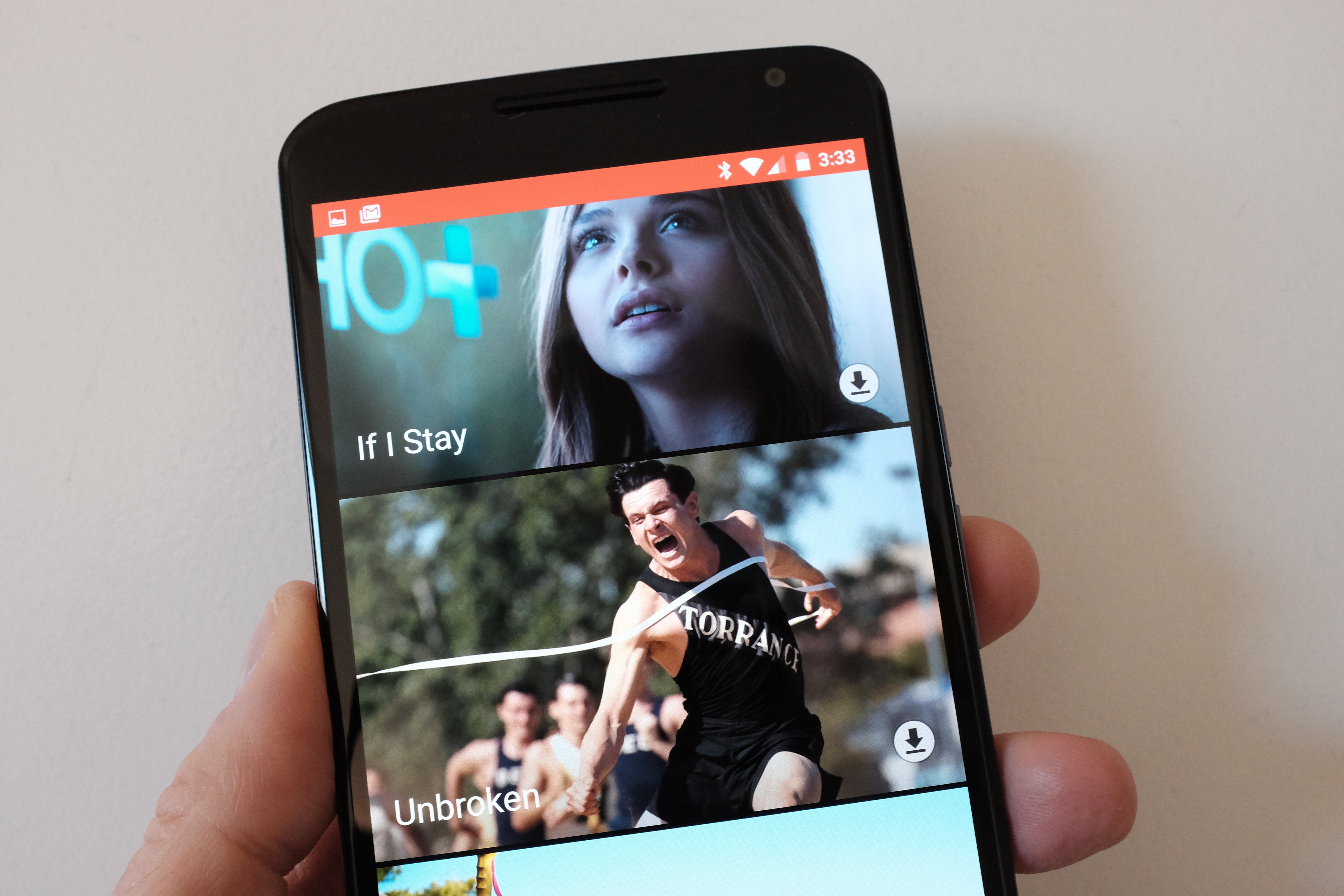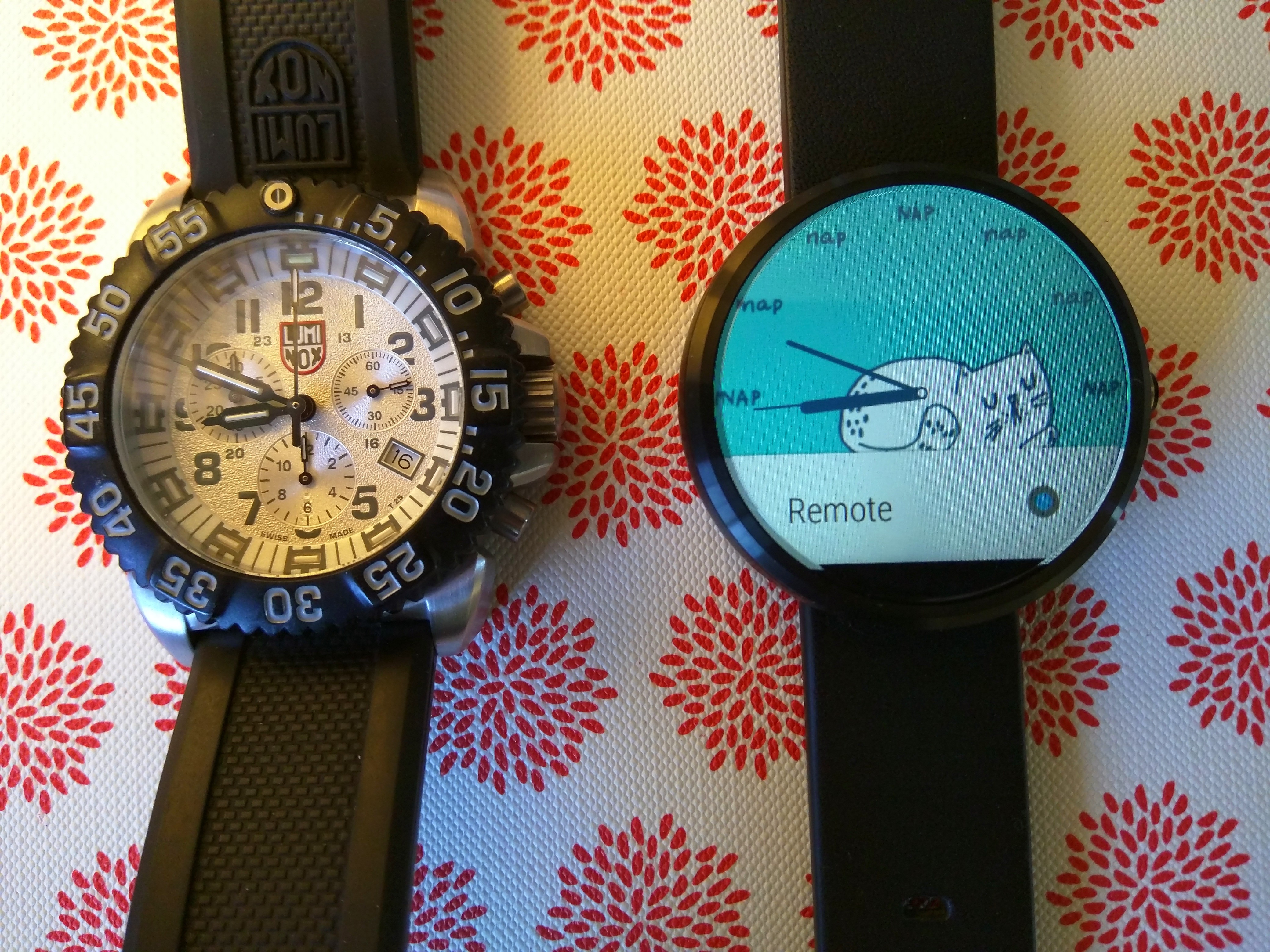Today the European Union gave Apple a great gift to celebrate iPhone’s 10th anniversary (on June 29th): The ridiculous, record $2.7 billion fine, and associated sanctions, against Google that once again demonstrates the EU’s small-minded oversight that wrongly regulates evolving technologies in a big world. The adverse antitrust ruling finds that the online titan favored its own online shopping services (and paying customers) over rivals.
In February 2010, with the EU Competition Commission’s preliminary investigation starting, I rightly called “Google a dangerous monopoly“. Seven years later, the competitive landscape has dramatically changed, and rapidly evolves. The Commission’s action is too much, too late, and in the short-term can only benefit rivals like Apple that will dominate online activities and commerce as what we knew as traditional web search becomes something else.

